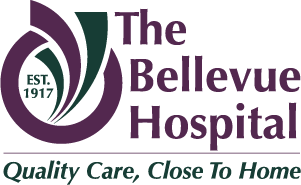Speech therapy is a healthcare profession aimed at improving speech, language and oral motor abilities.
Speech and language therapy can provide life-changing treatment, support and care for adults and children who have difficulties with communication, eating or swallowing.
Speech-language pathologists (SLPs) work to prevent, evaluate and treat patient functions in the following areas:
- Speech: Speech disorders occur when an individual has difficulty producing speech sounds correctly and may include articulation, phonology, apraxia and dysarthria. These may be the result of incorrect oral and motor placement, patterns of errors, motor planning or oral motor weakness.
- Language: Language skills include receptive language, which is the understanding of language and expressive language, which is the use of language.
- Dysphagia: Dysphagia includes difficulties swallowing and typically occurs following an illness, injury, stroke or surgery.
- Cognition: Cognition includes organizing thoughts, paying attention, remembering, planning and problem solving. Cognition disorders usually occur as a result of a stroke, traumatic brain injury or dementia.
- Fluency: Fluency is the continuity or smoothness of speech production. Stuttering and cluttering are common fluency disorders.
- Voice: Voice disorders occur when an individual has difficulties with their voice or resonance, including variation in pitch, hoarseness or the inability to produce sound. Voice disorders may be the result of vocal abuse, vocal cord nodules or paralysis, or neurological diseases such as Parkinson's Disease.
Adult and pediatric diagnoses that speech-language pathologists can treat at The Bellevue Hospital include:
- Aphasia
- Apraxia
- Articulation / Phonology disorders
- Cognitive disorders
- Expressive and receptive language disorders
- Feeding and swallowing problems (dysphagia)
- Fluency disorders
- Voice disorders
Rehabilitation Services
102 Commerce Park Drive
Bellevue, OH 44811
Monday through Friday
7 a.m. - 6 p.m.
Make an appointment
A referral is required. Talk to your primary care provider for a referral. For more information, please dial 419.483.4040 ext 4279.
Fax- 419.483.1342

